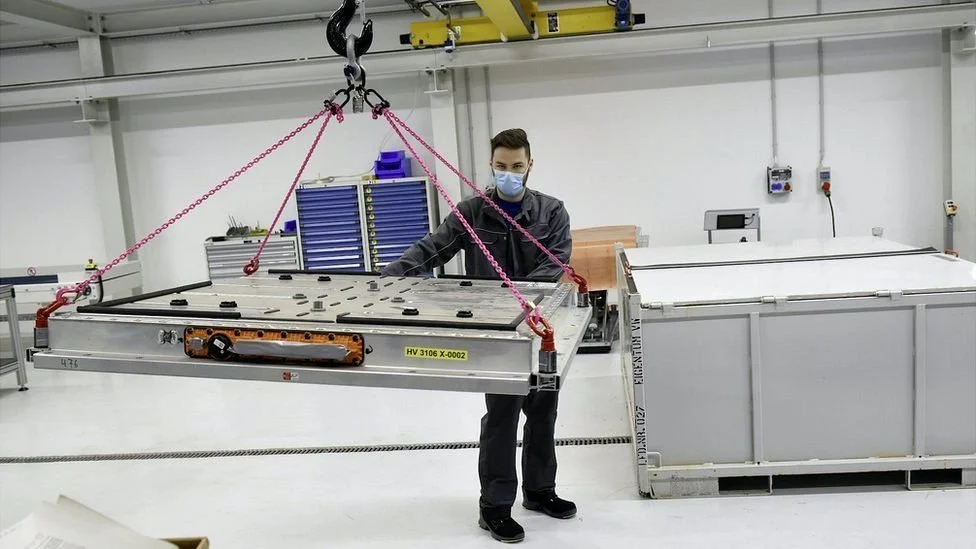ENVIRONMENTAL, ECONOMIC, AND SOCIAL IMPACTS OF EV’S?
Electric vehicles are designed to have less impact on the environment, but there is one component of these sustainable vehicles that require improvement- the batteries! Electric vehicles run solely on electricity stored in a battery pack that energizes one or more motors. The environmental perk means there are zero tailpipe emissions, and drivers have lower operating costs. While the initial vehicle purchase price is higher, the maintenance cost of an EV makes them extremely cost-effective. Drivers don’t need to worry about gas, oil changes, transmission repair, fuel filters, smog checks, and with regenerative braking, brake pads also last longer. Unlike gas vehicles, an EV’s value is not affected as much by mileage; its value lies in the life of the battery.
“Most car manufacturers guarantee EV batteries for eight years/160,000km, with some estimates suggesting electric car battery life is somewhere between 10 and 20 years. Electric vehicle (EV) batteries can also be replaced if required.” - Stephen Corby, Contributing Journalist, carsguid, March 2022. EV Battery Life - How Long Do Electric Car Batteries Last? | CarsGuide
In a recent episode of Green Sense Radio, Tom Appel, the host of the podcast Car Stuff, discusses how these batteries come into play when buying and reselling EVs. Listen to the full episode HERE.
EV batteries are made from raw materials such as cobalt, nickel, manganese, and lithium, which are expensive to produce, need to be mined, and impact the environment. Mining these raw materials can have a massive environmental impact, as deposits are often in remote locations and need to be extracted, processed, and shipped. Extracting these materials can result in water shortages, impact on soil, surface water, and groundwater, damage to ecosystems, and exacerbation of global warming. EV batteries are also challenging to manufacture and recycle at the end of their lifecycle. Now with millions of EVs on the road and the demand for them rising, there is a need to dispose of or recycle these batteries sustainably. Industry analysts predict at least 145 million EVs will be on the road by 2030. Some countries are implementing policies to control the proper disposal of batteries. China imposed rules to reuse EV battery components, while the United States lacks regulations as of this writing.
The private sector is rising to the challenge and sees an opportunity to manage this waste stream. There are recycling companies such as Li-Cycle, a company focused on creating a sustainable process for recovering critical materials from all types of lithium-ion batteries. Redwood Materials is another company focused on creating a closed-loop, domestic supply chain for lithium-ion batteries from the collection, refurbishment, recycling, and refining, to the remanufacturing of sustainable battery materials. EVs have many benefits, and before many more are on the road, it’s time to ask the question has a total lifecycle analysis been conducted to evaluate the true environmental, economic, and social impact of producing EVs, and what can be done to make the supply chain and manufacturing process more sustainable? We are at the beginning of the EV revolution, Let's learn from our past industries and take a holistic look and how to shape this young industry so that it is truly sustainable.


